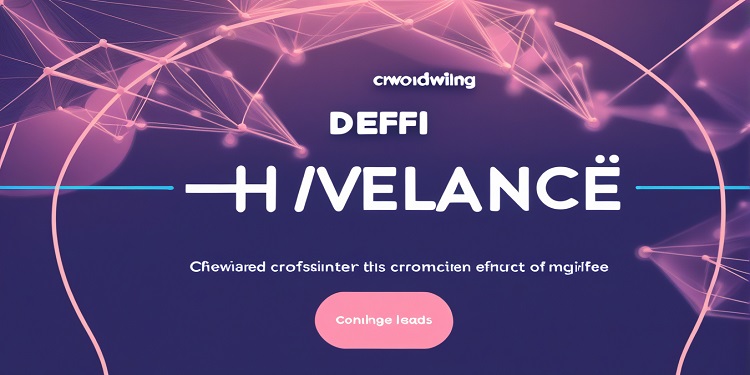Argentina’s National Securities Commission (CNV) has introduced a comprehensive tokenization regime aimed at modernizing the country’s financial infrastructure and aligning it with evolving global standards in digital finance. With this initiative, Argentina becomes one of the leading Latin American nations to officially integrate digital asset issuance into its financial regulatory system.
The newly launched framework allows a wide range of financial instruments, including publicly traded stocks, dual-listed shares, negotiable bonds, closed-end mutual fund units, and trust participation certificates, to be digitally represented. These tokenized versions will retain full legal recognition, ensuring that digital formats carry the same weight as their traditional counterparts under existing laws. The CNV has clarified that issuers have the flexibility to choose whether to tokenize assets partially or in full, providing adaptability to meet various market needs.
To ensure the practical viability of this initiative, the CNV has announced a regulatory sandbox, which will run for one year. This controlled environment is designed to facilitate real-world testing of tokenized asset issuance, offering a space where both regulators and market participants can identify challenges, refine processes, and gather feedback. A public consultation will accompany the pilot program, enabling stakeholders to contribute suggestions that may lead to further enhancements in the framework.
This measured approach reflects an increasing trend among global regulators who are seeking to balance financial innovation with investor protection. By allowing experimentation within a controlled setting, the CNV aims to mitigate risks while still fostering the development of digital financial products.
A key feature of the new framework is the simplified approval process. Issuers are not required to obtain specific permissions for each tokenized product. Instead, they can operate under a generic digitization license. Registered virtual asset service providers (VASPs) will play a central role, acting as intermediaries to facilitate the issuance and distribution of tokenized securities within the sandbox. These entities serve as a bridge between traditional financial systems and emerging blockchain-based ecosystems.
The leadership at CNV has indicated strong confidence in the initiative’s potential. Roberto Silva, President of the CNV, expressed that Argentina is striving to become a leader in the adoption of digital finance across the region. He conveyed that the country intends to remain at the forefront of technological development and innovation in the financial sector, underlining the strategic importance of this initiative for Argentina’s economic positioning in Latin America.
This tokenization program comes shortly after the CNV issued new guidelines in March for virtual asset service providers, creating a standardized compliance framework. These regulations aim to promote transparency, safeguard users, and ensure that the expansion of digital finance takes place within a secure and legally robust environment.
Overall, Argentina’s tokenization regime is being seen as a forward-thinking step that could reshape how securities are issued and managed in the country. By integrating blockchain technology into mainstream financial practices, Argentina is signaling its commitment to responsible innovation and its ambition to lead regional efforts in modernizing financial systems.









